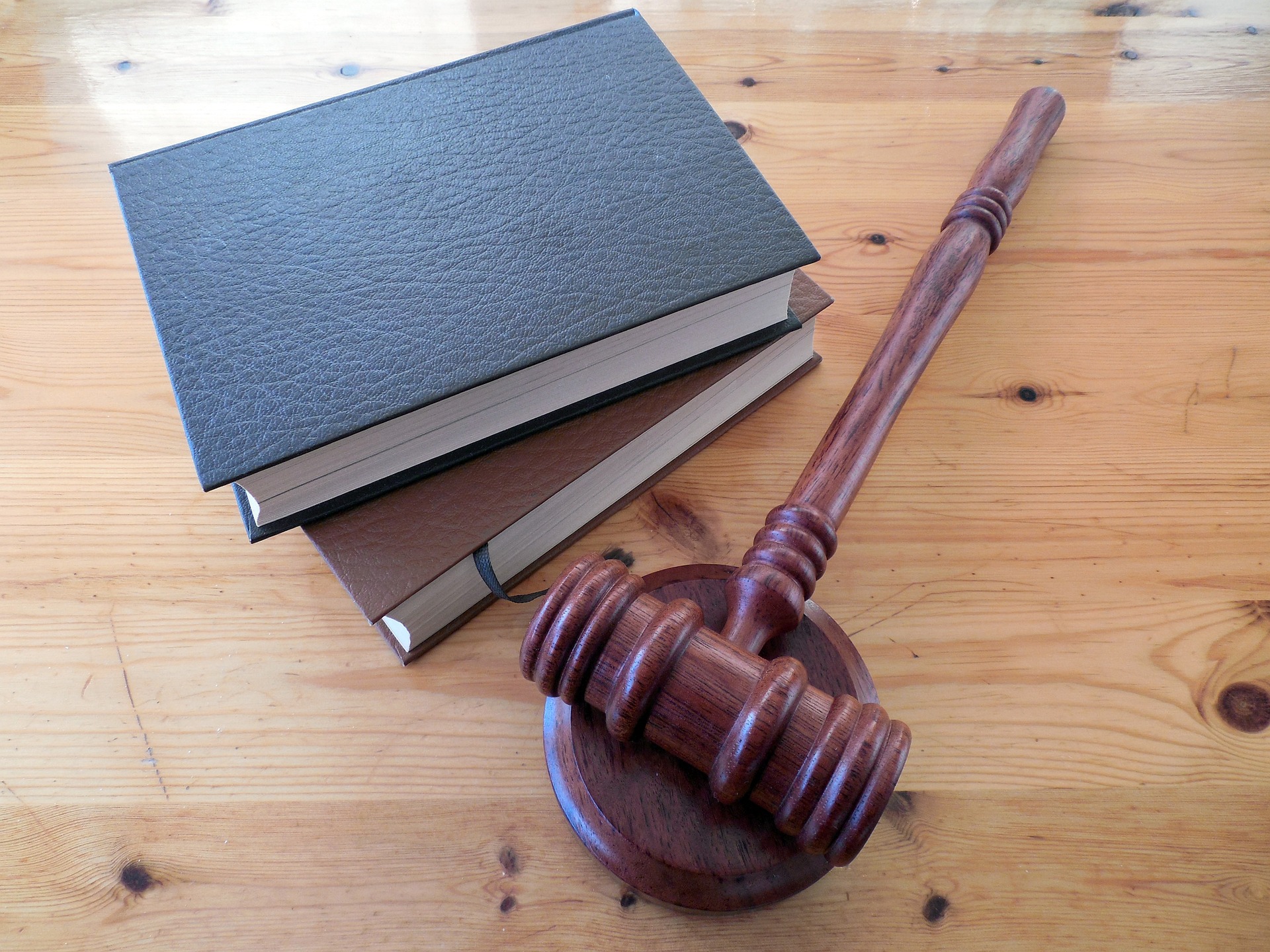The Influential Role of Judicial Review in Shaping Democracy
Judicial review, a key aspect of the judiciary's role in democratic societies, is a mechanism that enables courts to examine and potentially nullify laws and government actions that contravene the constitution. This legal principle has been instrumental in shaping democracies worldwide, ensuring governments adhere to constitutional principles, and preserving individual rights and rule of law.
Historical Context and Key Legal Developments
The origin of judicial review can be traced back to the landmark U.S. case Marbury v. Madison in 1803. The Supreme Court, led by Chief Justice John Marshall, established the principle that the Court had the power to strike down laws violating the Constitution. This case set a precedent that would shape future constitutional law not only in the U.S. but also in other democracies around the world.
Current Legal Updates and Discussions
The application and scope of judicial review continue to be a subject of active legal discourse. Debates often center around the balance of power between the judiciary and the other branches of government, as well as the judiciary’s role in reviewing controversial policies. These discussions are particularly relevant in nations where democratic principles are being challenged, underscoring the importance of the judiciary in upholding constitutional governance.
Implications and Impact on Society
Judicial review plays a crucial role in preserving democratic values, ensuring government actions align with constitutional principles, and protecting citizens from potentially overreaching legislation. By serving as a counterbalance to political power, the judiciary helps maintain the equilibrium of a democratic system. Consequently, this mechanism acts as a safeguard for basic human rights and individual freedoms.
Evidence-Based Legal Facts
Research indicates that judicial review is instrumental in upholding democratic principles. A study published in the Comparative Political Studies journal found that constitutional review, a form of judicial review, significantly reduces the likelihood of democratic backsliding. Another study in the American Journal of Political Science revealed that nations with stronger judicial review had better human rights records.
Striking the Balance: Depth and Accessibility
As we delve into the complexities of judicial review, it’s important to remember that this principle isn’t just a legal concept—it’s a cornerstone of democracy. By empowering courts to examine the constitutionality of laws and government actions, judicial review helps ensure that our democracies remain true to their foundational principles. Consequently, understanding judicial review isn’t just for legal scholars—it’s part of being an informed, engaged citizen in a democratic society.
In conclusion, judicial review, as a principle and practice, has proven to be instrumental in shaping and preserving democracies. Its historical context and continual relevance in current legal discourse emphasize its critical role in constitutional governance. As citizens, our understanding and appreciation of this key legal mechanism can help us better navigate and contribute to our democratic societies.





